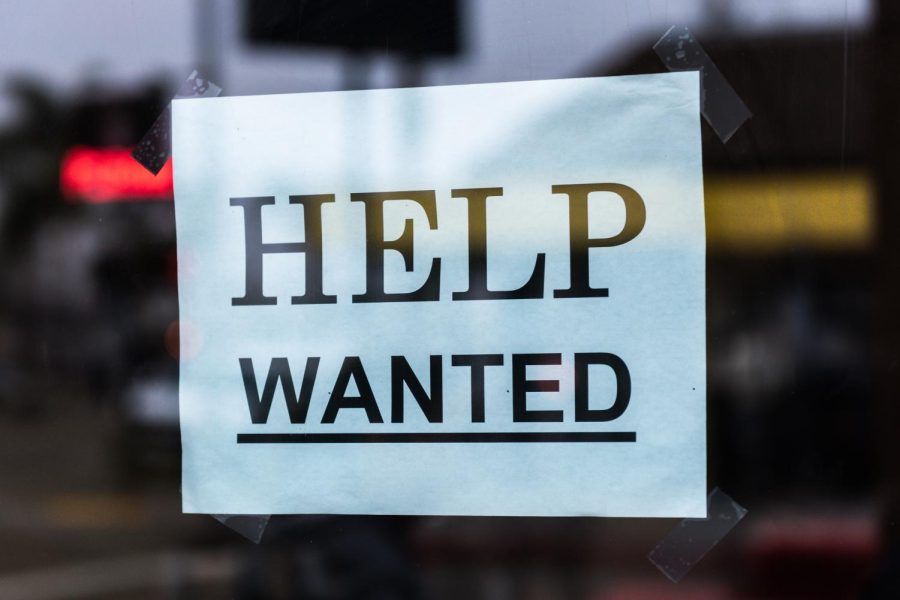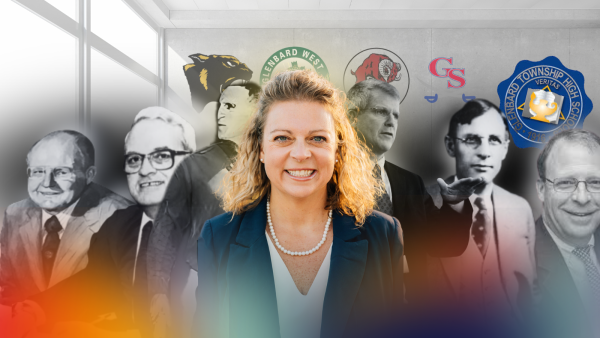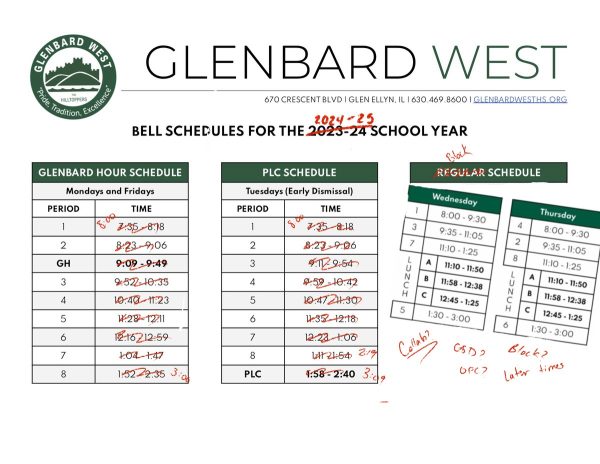Workers’ Worries Raise Wages
Since March of 2020, when COVID-19 hit, the economy has taken a huge tumble. A surge of labor shortages is just one of the problems. Even with vaccinations rising, people still see an immense labor shortage.
Economists debated on what could be the cause. According to the U.S. Bureau of Labor, during August, there were approximately 10.4 million job openings, yet 4.3 million people who had left their job,— the highest it’s been since 2000. The disproportionate number of unemployed people and job demands has put strain on the economy, particularly food service and state/local education.
This problem is not isolated to the US alone; many countries face a lack of workers. Many countries struggled to find their footing as their supply chains were knocked down, and then stayed down as no workers were around to reset it. This problem affects entire countries, down to even our local community, giving us stagnant economic growth and triggering product and service shortages.
But why is this happening?
There are many hypotheses on why this is occurring. Mr. Philip Wicyk— a Consumer Education teacher here at Glenbard West— says that “Let’s say you made $800 every 2 weeks. Then you lost your job. But the government came in and subsidized you and said ‘hey, I’m going to pay you $800 or 500$ every 2 weeks…’ there’s no incentive to work, or go find work. You’re getting paid to do nothing.”
People don’t want to work if they earn the same amount, or even more money when they sit at home doing nothing. Even if they needed to, they don’t want to.
According to The Kiplinger, employers now feel pressured to start raising pay to stay in business– the old pay now no longer giving people satisfaction–, or run the risk of having no more employees.
Companies and businesses will eventually level out and an equilibrium will be reached, however when that will happen is yet to be determined; the world economy– like the weather– is fickle.

Ashton is a junior at Glenbard and the Entertainment Editor for The Glen Bard. In addition to Newspaper, Ashton is in Science Olympiad and Glenbard Tennis...








